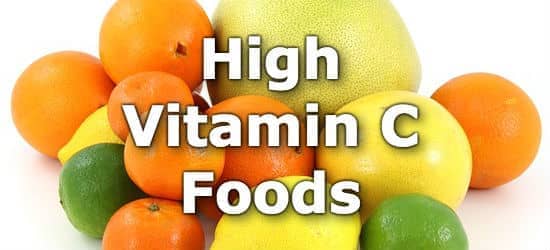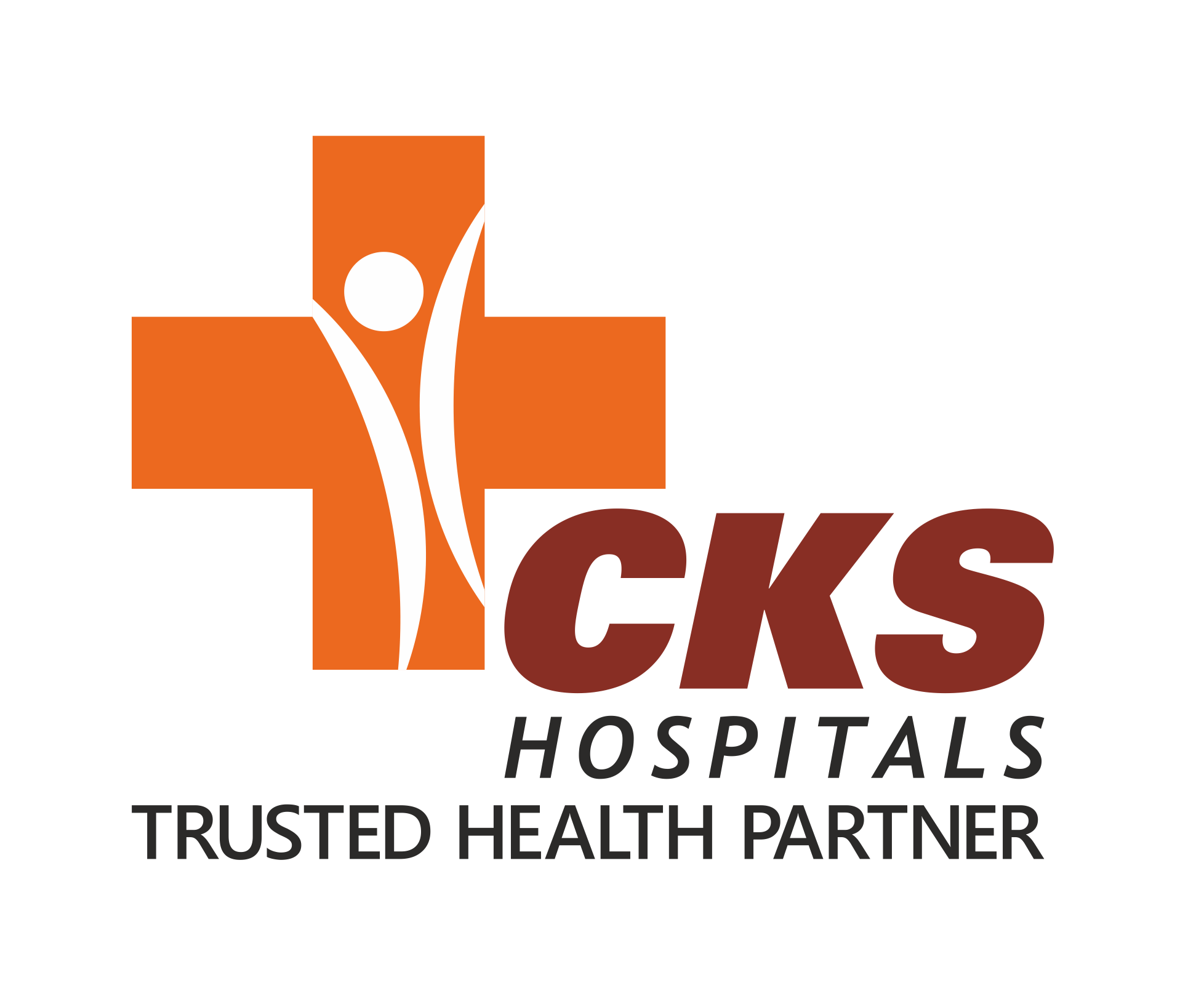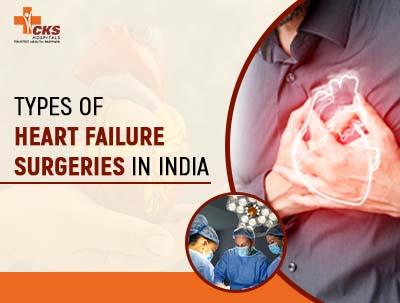What is vitamin C?
Vitamin C is considered one of the thirteen essential vitamins in the human body. It must be consumed daily in your diet. It is mostly found naturally in fruits and vegetables. Experts claim vitamin C is one of the safest and most efficient supplements. Vitamin C may protect against immune system inadequacies, cardiovascular illness, prenatal health difficulties, eye disease, and even skin aging, yet it is not a treatment for the common cold. For adults, the tolerated upper intake limit (the most amount you may consume in a day that is unlikely to damage you) is 2000 mg per day.
What does Vitamin C do?
Vitamin C is also known as ascorbic acid. It is necessary for the growth of tissues in the body and the development and repair of all body tissues. It works as an antioxidant in the body, helping to protect cells from free radical damage. When our bodies turn the food we eat into energy, free radicals are created. Cigarette smoke, air pollution, and UV radiation from the sun all expose people to free radicals in the environment.
Vitamin C is also essential for the production of collagen, a protein that aids in wound healing. Vitamin C also aids the immune system’s ability to defend the body from sickness by improving iron absorption from plant-based diets.
How much Vitamin C is required in the body?
40 mg for infants up to 6 months
50 mg for babies up to 7-12 months
15 mg for children aged 1 to 3 years
25 mg for children aged 4–8 years
45 mg for children aged 9–13 years
Boys 14–18 years old 75 mg
14–18 years old (girls) 65 mg
90 mg for adults (men)
75 mg for adults (women)
80 mg for pregnant teenagers
85 mg for pregnant women
115 mg for teens who are breastfeeding
120 mg for mothers who are breastfeeding
Sources of Vitamin C

Vitamin C is found in abundance in fruits and vegetables. You can obtain enough vitamin C by consuming a variety of foods, including the ones listed below:
Citrus fruits and juices (such as oranges and grapefruit), as well as red and green peppers and kiwifruit, are high in vitamin C.
Other vitamin C-rich fruits and vegetables include broccoli, strawberries, cantaloupe, baked potatoes, and tomatoes.
There are several vitamin C-fortified foods and beverages.
See the product labels to see if vitamin C has been added to a food item.
Food’s vitamin C level can be depleted by long-term storage and cooking. Cooking losses can be reduced by steaming or microwaving. Fortunately, many of the greatest vitamin C-rich foods, such as fruits and vegetables, are typically consumed uncooked.
Symptoms of Vitamin C deficiency
Vitamin C is a nutrient that the human body cannot produce and is therefore required in the diet. It is required for the health and repair of a variety of body tissues, including skin, bone, teeth, and cartilage. Scurvy is a condition caused by a severe shortage of vitamin C in your diet. Scurvy is characterized by easy bruising, bleeding, and joint and muscular aches. Vitamin C deficiency can be remedied with vitamin C supplements and a vitamin C-rich diet.
A deficiency of vitamin C prevents the formation of new collagen over time. As a result, many tissues in your body begin to break down, affecting your body’s health and healing. Scurvy is a disease caused by a persistent (chronic) vitamin C deficiency that usually lasts three months or longer.
Some of the symptoms are given as follows:-
1. Splittens in hair
2. Skin getting Dry
3. Bleeding in Nose
4. Fatigueness
5. Pain in Muscles and Joints
6. Starts losing weight
7. Falling of tooth
8. Reddish spots on the skin start appearing
9. Slow healing of wounds.
10. Bruising easily anywhere in the body.
Who needs Supplements of Vitamin C?
According to NIH the deficiency of Vitamin C is rare in the US. People face difficulty in getting an adequate amount of vitamin C but some of them get it enough through fruits and vegetables only. Those who don’t get enough are required to take the supplements. People who are at risk are:-
1. Old age people
2. People who regularly use alcohol
3. People who have eating disorders.
4. People who are habitual to smoking Cigarettes
5. Infants who drink cows boiled milk, because heating destroys the amount of vitamin C which milk contains.
What are the supplements of vitamin C?
Vitamin C comes in a variety of ways. Ascorbic acid is the most common type of vitamin C in supplements. Other forms of ascorbic acid, such as sodium ascorbate, calcium ascorbate, or ascorbic acid with bioflavonoids, are found in some supplements.
Some of the ways to take vitamin C:-
we can get it by eating capsules
- By eating chewable gummies
- Taking some effervescent tablets
- Intake of powders
- Drinking liquids
- By sprays







